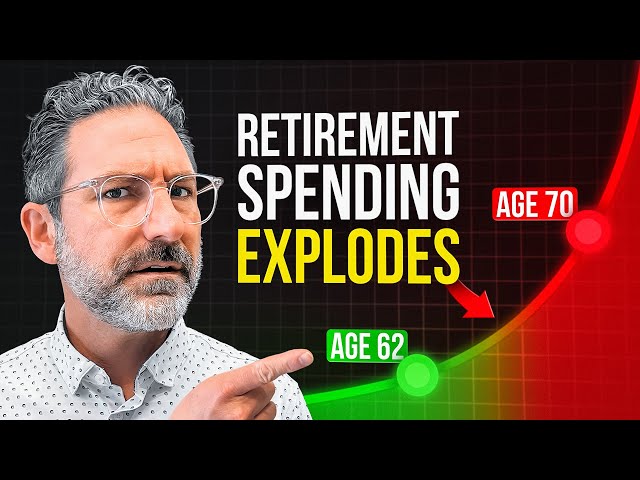Among the top questions asked about retirement; how much money a person needs to retire is at the top of the list. How much do I need to retire?
This question can sort of be like asking, “Did I pack enough food for our hike in the mountains?”
How much you need depends on how far you are going, how long you will be there, and how likely it would be that the grandchildren will ask for a few treats along the way.
Another way to put it, it depends. Retirement lifestyle depends on the details and the experience you wish to have. And by lifestyle, we mean how you want to create things to be compared to how it is during your current situation while working. You might spend most of your time doing work tasks during the week, while other meaningful experiences get pushed to the weekends, evenings, or vacations.
During retirement, you'll get more Saturdays, speaking metaphorically. That means there will be a lot of time to plan for experiences. Grandparenting, fishing, and visiting friends will only make up a portion of that time.
Thus, deciding how much you’ll need for retirement can be ascertained better by asking the following questions:
1. Will life comprise more of the things I am currently doing- or will it be something new?
You’ll have a larger blank canvas to explore your interests. A good journaling exercise would be to write out the answers to a few of these following prompts:
• What activities bring me joy?
• What do I like to do for fun?
• What have I always wanted to try?
For example, if crafting or fishing is something you enjoy now—would you like to do more of that in retirement? Or do you want to try something new such as learning to play guitar or take up painting portraits?
Sometimes people discover that what once brought them joy no longer does so during retirement. You could either keep your current hobbies or you could explore the pursuit of finding new ones.
We've heard many great ideas from people over the years. Items range from the stereotypical traveling in the RV to learning to write short stories, taking a photography class, scuba diving, kayaking, and more. The ideas are limitless.
Sometimes all it takes is for one to permit themselves to dig around into the symbolic "someday" folder we've tucked away. Just because you haven't done it up to this point doesn't mean you shouldn't go for it in your new season.
2. Where will I be?
If you imagine living on a waterfront to go out on the boat every day but are now living in a landlocked suburb, then your geography will need to change to fulfill your lifestyle goal.
But if you haven’t ever experienced life on the water that frequently, you might not want to commit to it too fast. You might explore that further by spending more time on the water by making several trips.
You might think you'd like to spend most of your time in an RV traveling or a new climate with new scenery. Why not give it a few test-runs to determine if you like it? There are plenty of options nowadays. You could use VRBO and Airbnb to explore new places.
Some people want the best of both worlds. They choose the snowbird lifestyle. Retire the snowblower and escape to a sunny place for months at a time!
Maybe you have family and friends spread out in other States and could create a way to be with them multiple times a year. This way, you have the flexibility to be anywhere you want. The point is to dream a little and then take that dream to the financial plan and create a happy balance so that you can have what you'd like without worries about whether you’ll have enough.
3. Do I want to spend all my money or give it away?
You get to choose the answer to this question, and there is no right or wrong way to go about it. Who you are before you retire is still who you will be when you retire. If you were a saver during your career, then you’ll probably not end up a big spender. Or, if you were a generous giver, then you’ll likely not end up a scrooge during retirement.
But there is one exception to this generalization.
Because retirement can last a long time, think 30+ years, it creates a lot of space for you to shift your priorities. For example, we witness people who begin retirement feeling less commitment to legacy, but they change over time. As they see how their plan goes, they shift into wanting to create more of an estate to be given. The good news is that you don't need to figure it out today; you have many years to consider that!
An experienced financial professional will be able to help you walk through the options with you. Your plan should take into account these vital lifestyle goals while still meeting your necessary expenses and needs.
Once you have a better idea of what you’ll be doing in retirement, you’ll be able to create a financial plan to help make it a reality.



%20(2).jpg)




.jpg)







